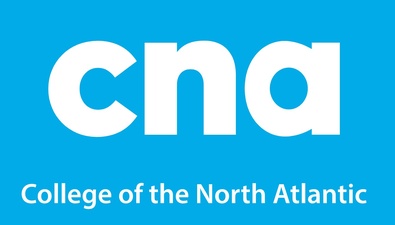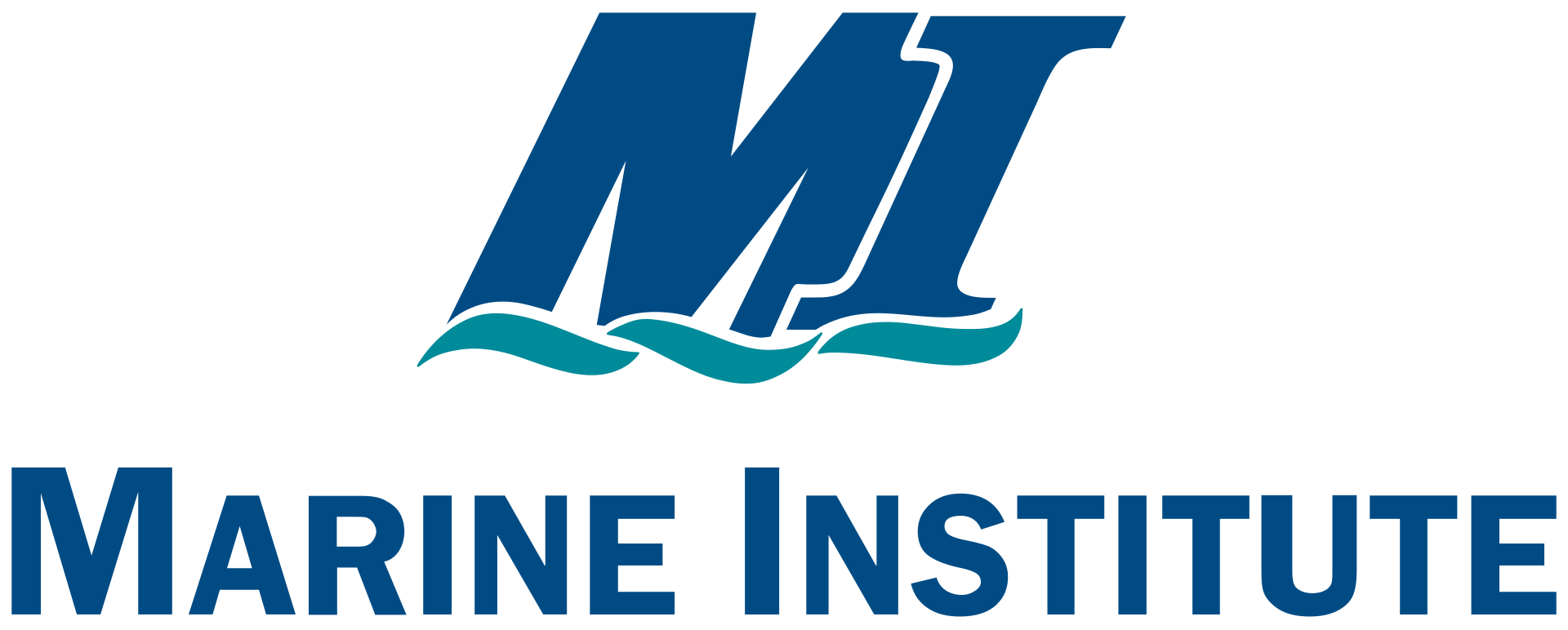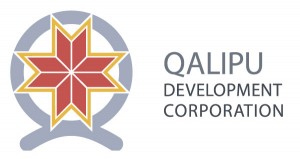
Research Category: Monitoring
- Facility / Research Centre | Harsh Environment Research Facility
The Harsh Environment Research Facility will be a world leading facility that will enable clean energy research for harsh environment applications. Key infrastructure includes a climatic wind tunnel integrated with a wave basin which will provide for an extensive range of wind speed, temperature, precipitation and wave heights to be achieved within the facility. Innovative … Harsh Environment Research Facility
- Facility / Research Centre | UAV Photogrammetry and Scanning Drones
Hyspex Mjolnor: Hyperspectral imaging sensor with short-wave infrared (SWIR) and very near infrared wave (VNIR) cameras to collect aerial images. Also has a LiDAR (Light Detection and Ranging) attachment to map the 3D surface. Comes with a tripod mount for non-aerial use. Astralite Edge: Combination topometric and bathymetric sensor used to create a 3D map … UAV Photogrammetry and Scanning Drones
- Facility / Research Centre | Reality Capture Instruments
Geoslam: Handheld mobile Simultaneous Localization and Mapping (SLAM) LiDAR (Light Detection and Ranging) unit used to create 3D maps of an area or structure, with a range of platforms and accessories. ExynAero: Autonomous (Level 4) Simultaneous Localization and Mapping (SLAM) LiDAR (Light Detection and Ranging) Uncrewed Aerial Vehicle (UAV) used for 3D mapping high-risk, GPS … Reality Capture Instruments
- Facility / Research Centre | The Launch
Canada’s multi-purpose cold-ocean technology hub. The Launch, The Marine Institute’s state-of-the-art living lab bringing the world’s harshest cold-ocean environments to you. Run your ocean technology through research and development, testing, and demonstration in a rigorous cold-ocean environment to prove its real-world readiness.
- Facility / Research Centre | LOOKNorth, C-CORE
LOOKNorth is a Canadian national Centre of Excellence for Commercialization and Research (CECR), founded and hosted by C-CORE. LOOKNorth networks Canadian remote sensing innovators and provides a bridge to commercial markets through a combination of remote sensing technology expertise, project management support, continuous engagement with end users to understand market needs, and business development support. … LOOKNorth, C-CORE
- Facility / Research Centre | The Earth Resources Research and Analysis Facility (TERRA) (CREAIT Lab)
The Earth Resources Research and Analysis (TERRA) Facility is housed in the Department of Earth Sciences. TERRA provides chemical and physical analyses utilizing a large variety of instrumentations, including ICP-MS, XRF, XRD, Microprobe, radiogenic isotope, and stable isotope mass spectrometers.
- Researcher | Dr. Yan Zhang
Professor, Faculty of Engineering and Applied Science [email protected] Research Interests: Porous natural polysaccharide-based composites for the adsorptive removal of water pollutants Nanocarbon/metal oxide heterojunctions as visible-light-driven photocatalysts for environmental and energy applications Carbon quantum dots-based fluorescent sensors for the selective detection of water contaminants
- Researcher | Dr. Lihong Zhang, P.Eng.
Professor, Computer Engineering [email protected] Research Interests: Very-Large-Scale-Integration (VLSI) and Electronic Design Automation Micro-Electro-Mechanical Systems (MEMS) Design and Optimization Renewable Energy Harvesting Analog, Digital, and Mixed-Signal Circuit Design Microfluidics and Biosensors Instrumentation Wireless Sensor Networks
- Researcher | Dr. Syed Imtiaz, P.Eng.
Professor, Process Engineering [email protected] Research Interests: Safety and risk analysis including hydrogen safety Control and optimization Real-time monitoring Alarm management Extraction of sulfur using ionic liquid Application of managed pressure drilling to geothermal drilling
- Researcher | Dr. Salim Ahmed, P.Eng.
Associate Professor, Process Engineering [email protected] Research Interests: Monitoring and alarm systems Process safety and risk assessment Reliability analysis Process modeling and control Machine learning for process safety





